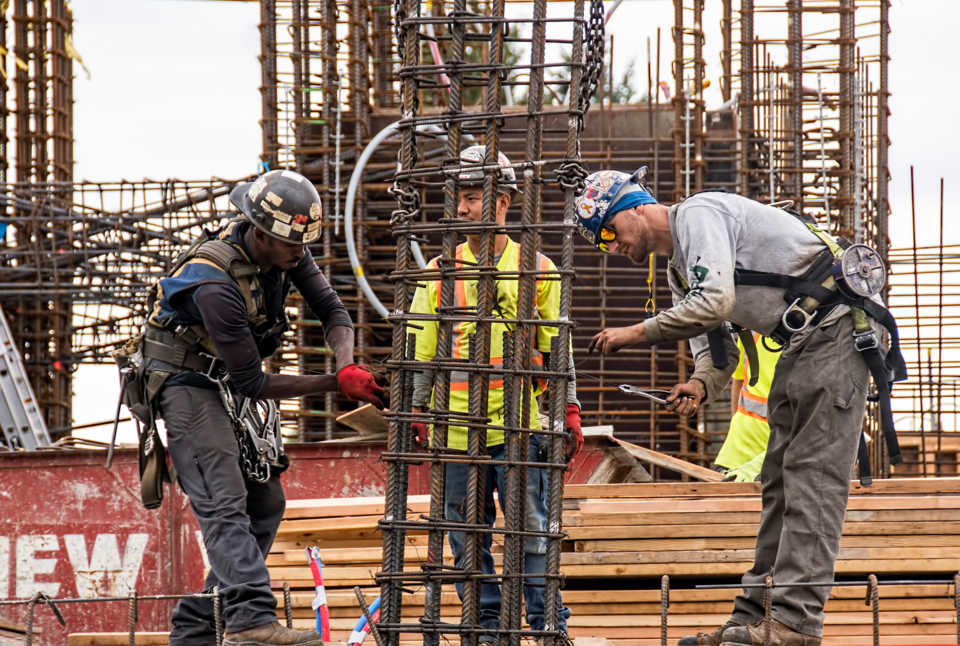B.C. construction companies which hire trade apprentices who self-identify as members of an "equity deserving group" will receive double a new government incentive, pushing it to $10,000 for the first year of employment.
The $10 million Apprenticeship Services program, being offered by the B.C. Construction Association (BCCA) and announced September 27, provides cash incentives to small and medium-sized construction employers who hire and register first-year apprentices in up to 39 Red Seal trades.
Funding for what the BCCA calls the ”most far-reaching construction trade apprenticeship drive ever undertaken in British Columbia” is under the federal government’s Canadian Apprenticeship Strategy, which launched in September 2022.
Since then the project has issued financial incentives for the hiring and registering of 1,329 apprentices and sent payments to more than 700 employers.
The BCCA will pay employers $5,000 for each first-year apprentice they register in any eligible Red Seal trades. However, if an applicant self-identifies as a woman, person with disabilities, Indigenous, racialized Canadian or from the 2SLGBTQI+ community, the incentive doubles to $10,000.
Employers can register up to two first-year apprentices before March 31, 2024. So far, 51 per cent of the project apprentices have declared themselves to be a member of one of an “equity deserving group,” according to a BCCA release.
“The Apprenticeship Services project has become one of the most successful workforce development programs the BCCA has ever launched,” said Chris Atchison, BCCA President. “The timing of this initiative couldn’t be better. Our industry is hungry for skilled workers.”
While the project has registered apprentices in 35 different Red Seal trades, almost $6 million in funding has gone to B.C. employers registering first-year carpenters, construction electricians and plumbers, the BCCA noted.
According to BuildForce Canada, the construction industry needs to recruit 299,200 new workers across the country by 2032, due predominantly to the expected retirement of 245,100 workers, or about 20 per cent of the current labour force over the next decade.



